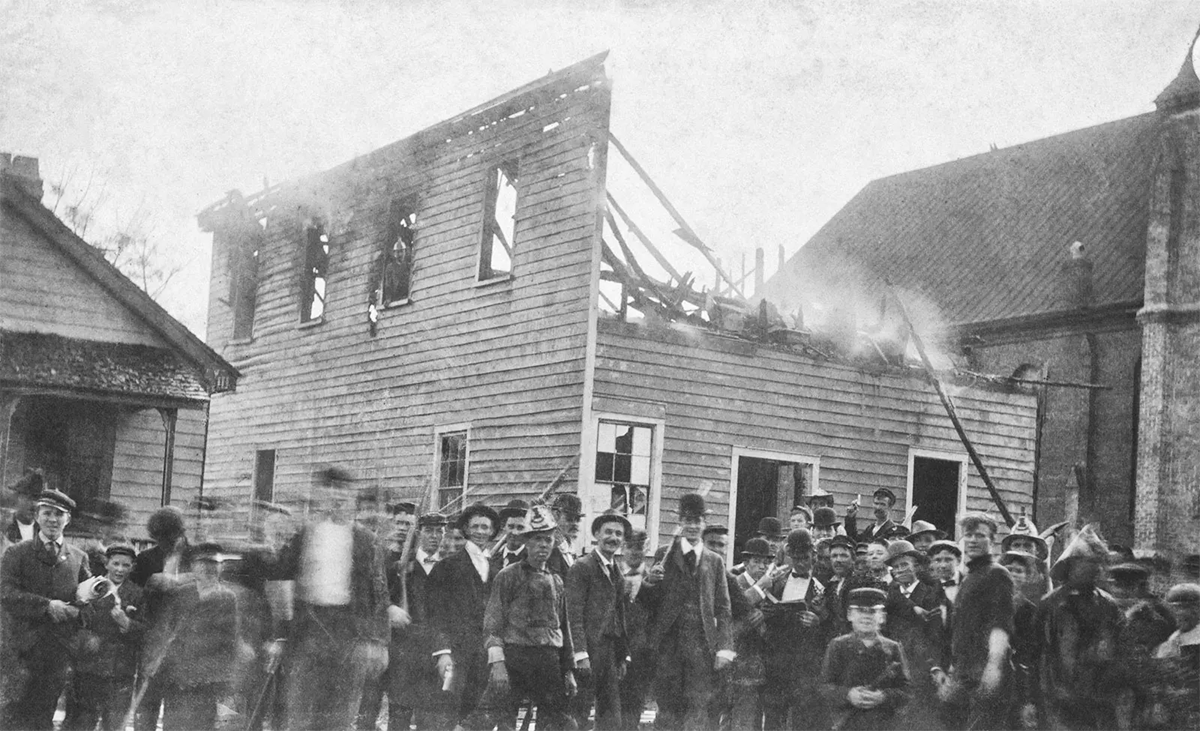The Wilmington coup and massacre, also known as the Wilmington insurrection of 1898, occurred on November 10, 1898, in Wilmington, North Carolina, United States. It was a violent and racially motivated attack on the city’s African American community and the only successful coup d’état in U.S. history.
At the time, Wilmington was a prosperous port city with a racially diverse population. However, African Americans held significant political power and were active in local politics, much to the dismay of white supremacists who sought to maintain white dominance and control.

During the 1898 elections, white supremacists, led by prominent Democrats and backed by business interests, sought to overthrow the biracial Fusionist government that included both Republicans and Populists. The Fusionist government was seen as a threat to the white power structure as it represented a coalition of black and white voters.
On November 10, 1898, a mob of armed white supremacists, numbering in the thousands, attacked the city. They targeted the African American community and the offices of the local African American newspaper, the Daily Record, which had been critical of white supremacists and supportive of the Fusionist government. The mob destroyed the newspaper’s office and other black-owned businesses, and they murdered an unknown number of African Americans, although estimates suggest that anywhere from dozens to hundreds were killed. Many black residents were also forced to flee the city.

In the aftermath of the coup, the white supremacists established their control over Wilmington and the state of North Carolina. They implemented discriminatory laws and policies that disenfranchised African Americans and solidified white dominance. The coup also sent a message to black communities throughout the South about the dangers of political activism and resistance to white rule.
The Wilmington coup and massacre are now recognized as one of the most egregious examples of racial violence and voter suppression in U.S. history. The events of 1898 had long-lasting effects on the African American community in North Carolina and contributed to the establishment of Jim Crow laws and segregation in the South. It took decades for civil rights advancements to begin to undo the damage done during that dark period in American history.

